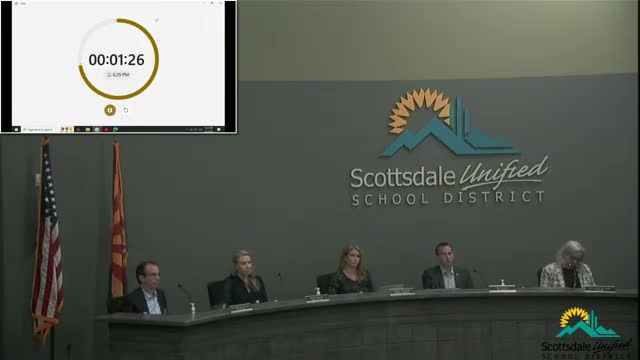Article not found
This article is no longer available. But don't worry—we've gathered other articles that discuss the same topic.
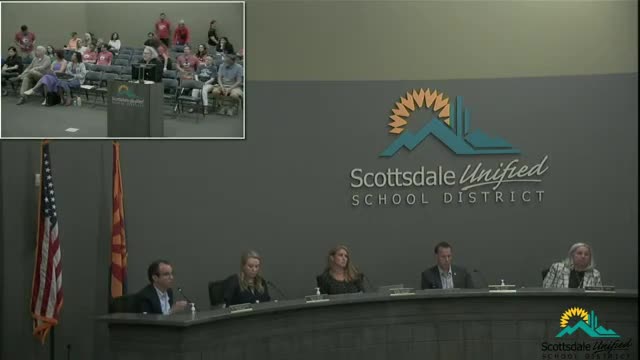
Scottsdale Unified budget discussion flags $4.1 million shortfall; board weighs cutting assistant principals to half-time
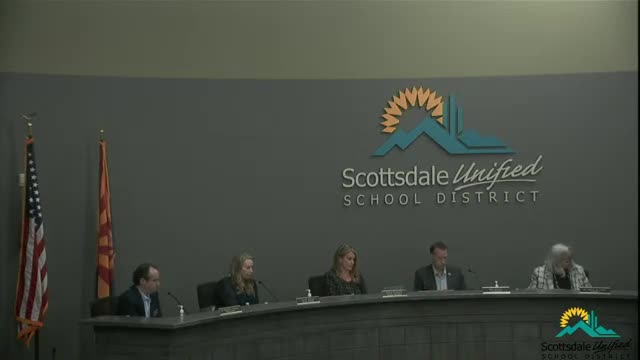
District to pilot providing proportionate‑share vendor services to private‑school special‑education students
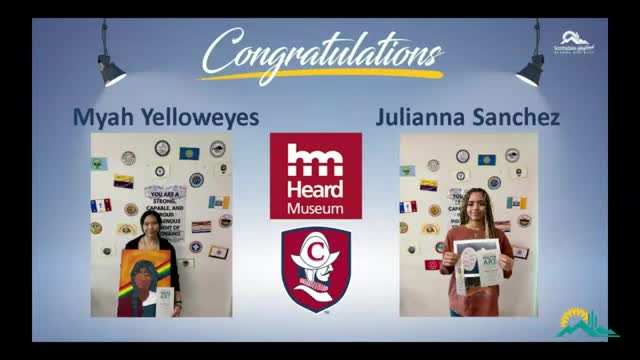
Saguaro robotics team and student artists highlighted at Scottsdale Unified meeting
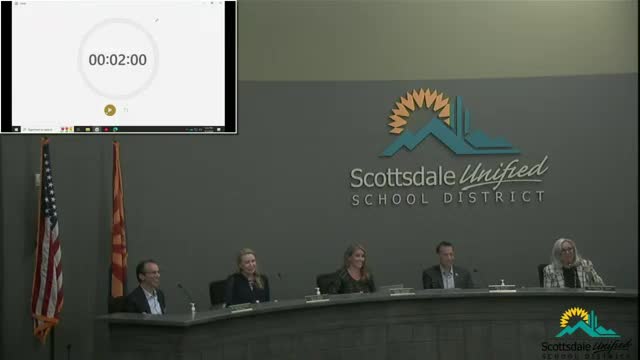
Teachers, parents and residents urge district to prioritize staff pay and insurance amid budget squeeze
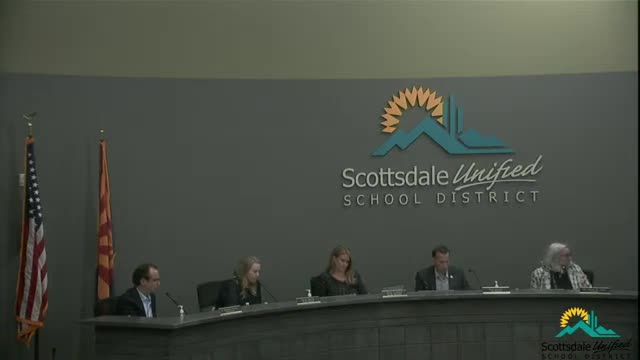
Board approves reclassification of 17 district positions to non‑exempt status, authorizes one‑time payout to equalize benefits
